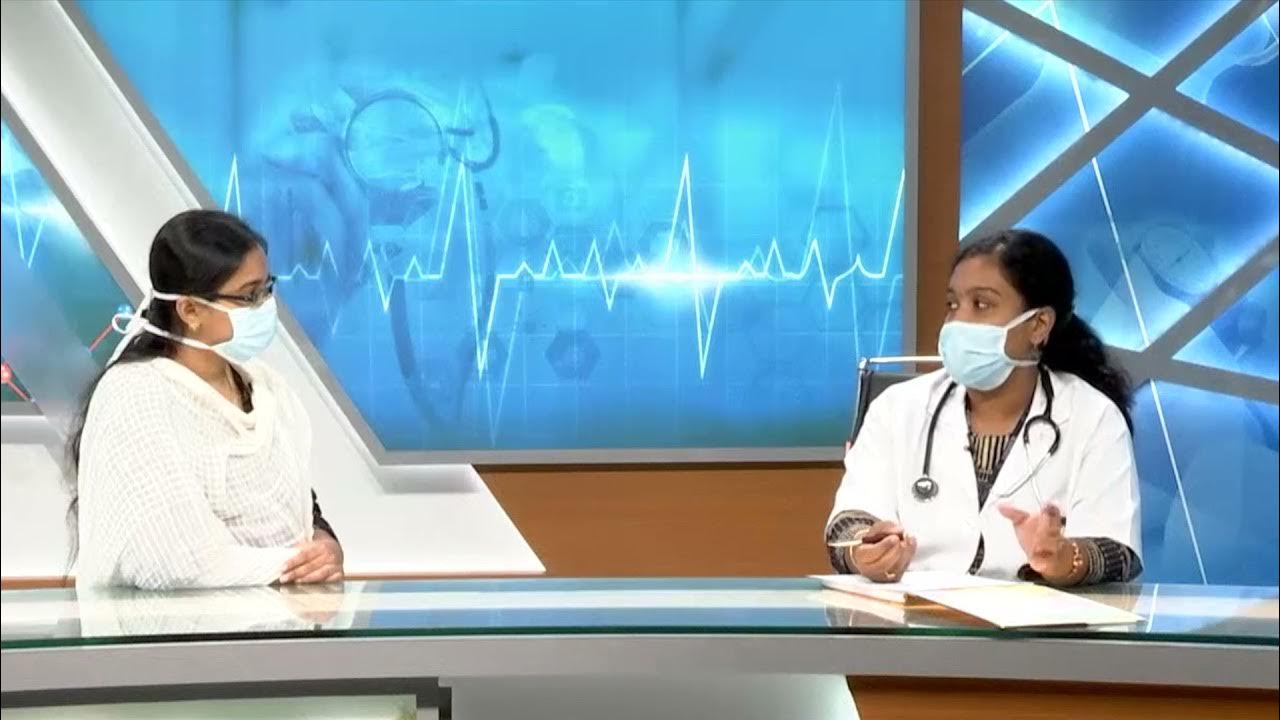Medical Interpreter Practice | 5. Seizure NBCMI CCHI ENG SPA - Consecutive Interpreter Training
Summary
TLDRIn this medical consultation, a patient discusses their seizure medication, Capra 1500, with their doctor, who emphasizes the importance of conducting an EEG and MRI before considering any changes to the medication regimen. The doctor highlights the risks of stopping the medication abruptly and reassures the patient about a gradual reduction plan, pending test results. A thorough physical exam is conducted, ensuring the patient’s well-being. The doctor advises caution in daily activities, particularly driving and bathing, until the medication is fully discontinued. The interaction concludes with reminders for scheduling follow-up appointments and maintaining safety during the process.
Takeaways
- 😀 The patient hasn't experienced a seizure in five years and is currently on a stable medication regimen.
- 🩺 Before considering any changes to medication, an EEG and MRI are required to assess the patient's condition.
- ⚠️ Gradual reduction of medication is essential to minimize the risk of seizures.
- 📅 If the tests come back normal, the patient may reduce their medication over four months.
- 🩹 Medical safety is a top priority, especially during the tapering process.
- 👨⚕️ The doctor emphasizes the importance of taking things one step at a time.
- 🚗 Patients should be cautious while driving and avoid being alone during the medication reduction phase.
- 🛁 Bathing in a bathtub should be avoided for safety reasons until the patient is completely off the medication.
- 📑 The patient is reminded to set up the EEG appointment at the front desk.
- 👍 The video encourages viewers to like and subscribe for more content related to health and wellness.
Q & A
How long has the patient been seizure-free?
-The patient has been seizure-free for five years.
What medication is the patient currently taking?
-The patient is currently taking Capra 1500 mg, twice daily.
What tests are required before considering a change in medication?
-An EEG and MRI of the head are required before considering reducing the medication.
Why is it important to conduct the EEG and MRI tests?
-These tests are important to ensure the patient's safety and to assess whether they can safely reduce the medication.
What is the plan if the test results are normal?
-If the test results are normal, the plan is to gradually decrease the medication over about four months.
What precautions should the patient take while reducing their medication?
-The patient should be cautious while driving and avoid taking baths alone until completely off the medication.
What happens if the tests come back abnormal?
-If the tests come back abnormal, the patient will continue taking the medication as normal.
How should the medication reduction process be handled?
-The medication reduction process should be gradual to minimize the risk of seizures.
What will the doctor do after the tests are conducted?
-The doctor will call the patient regardless of whether the test results are normal or abnormal to discuss a plan.
What should the patient do after the appointment?
-The patient should wait for the medical assistant to bring their paperwork and remember to schedule the EEG appointment at the front desk.
Outlines

This section is available to paid users only. Please upgrade to access this part.
Upgrade NowMindmap

This section is available to paid users only. Please upgrade to access this part.
Upgrade NowKeywords

This section is available to paid users only. Please upgrade to access this part.
Upgrade NowHighlights

This section is available to paid users only. Please upgrade to access this part.
Upgrade NowTranscripts

This section is available to paid users only. Please upgrade to access this part.
Upgrade NowBrowse More Related Video

Opnamegesprek 'fout'

when you have hippopotomonstrosesquippedaliophobia

Hospital Hill - Teach-back Method - Diabetes Medication Instructions

5. Doctor Patient Communication: Phenytoin for generalized tonic clonic seizures

KONSELING OBAT TUBERCULOSIS (TBC) | APOTEKER UHAMKA 42 | KELAS B

SWAMEDIKASI OBAT MAAG - APOTEKER 36 FFS UHAMKA JAKARTA
5.0 / 5 (0 votes)